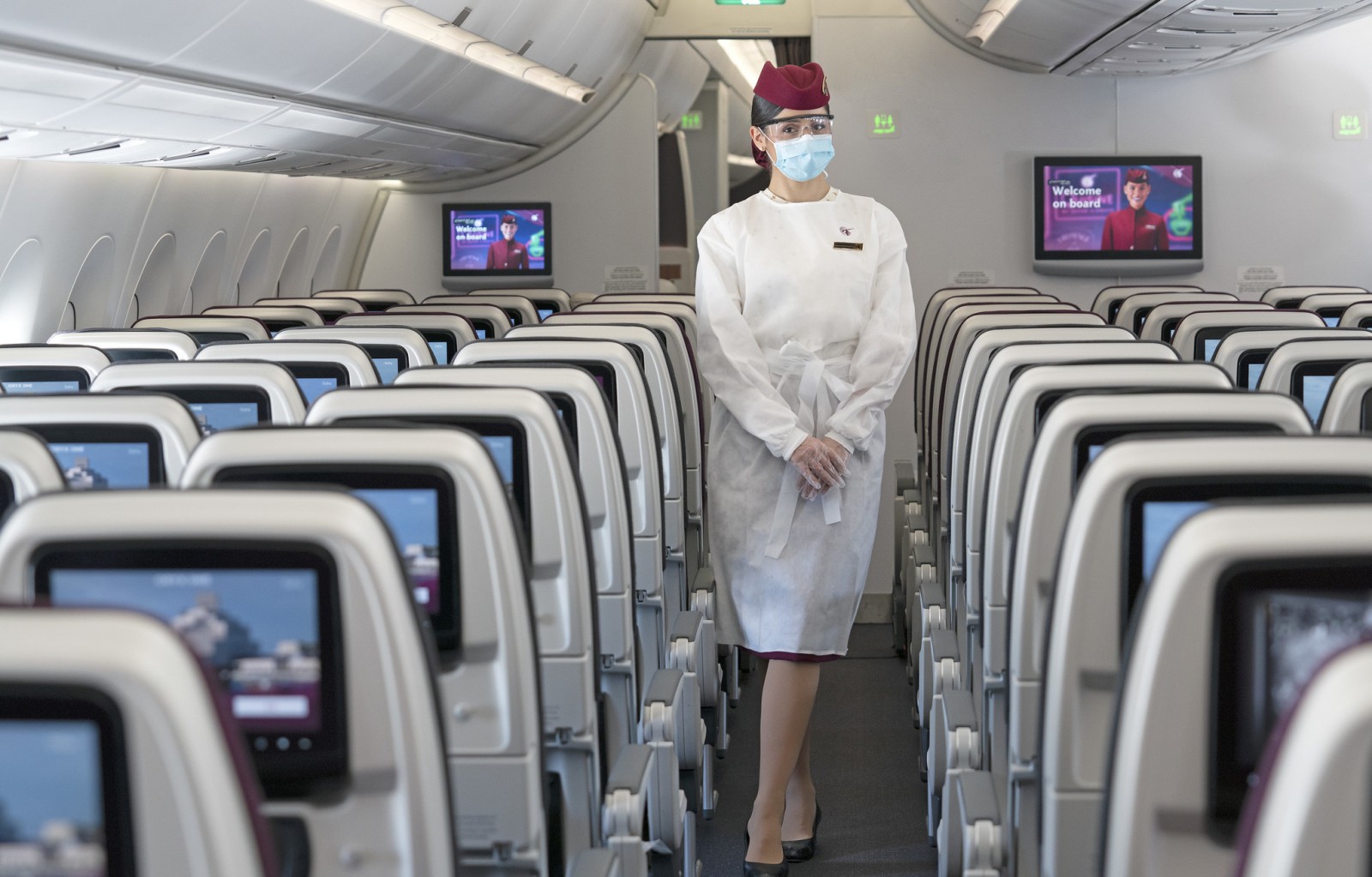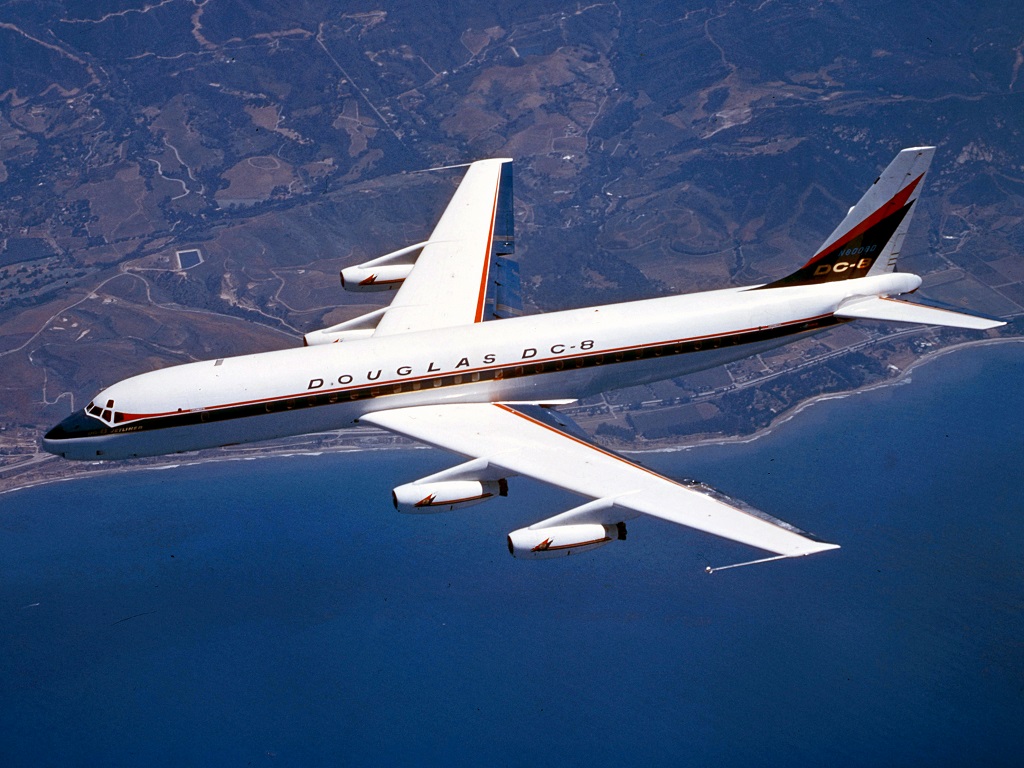Study finds aircraft COVID risk less than restaurants or shopping
30 October, 2020
3 min read


A combination of technology and risk management means consumers stand more chance of getting COVID-19 at a supermarket or restaurant than they do on a plane, according to researchers at Harvard University.
The Aviation Public Health Initiative (APHI) looked at the gate-to-gate journey onboard aircraft as part of ongoing research into practices and strategies to reduce the public health risks of flying during the pandemic and found there was a low risk of transmission.
Researchers also looked at opportunities to further reduce the risks of disease transmission during air travel.
READ: NEW research uncovers just 44 cases of COVID transmission.
“The report provides evidence that it is possible to leverage technology and modify behavior to allow some near-normal activity while reducing the risks of disease transmission during the COVID-19 crisis,’’ the initiative said in a newly-released report.
“Analysis from the report shows that ventilation of air on aircraft reduces the possibility of exposure to COVID-19, lower than other common settings, such as a grocery store or indoor restaurant.
“This effectively counters the proximity travelers are subject to during flights.”
The industry-sponsored study, undertaken on the basis of guaranteed independence, noted the frequent exchange of air and HEPA filters on planes, over 99 percent of the particles containing the virus are removed from cabin air.
Other layers of protection included the universal wearing of facemasks by passengers and crew throughout the journey, distancing protocols and provision of strong ventilation during boarding and deplaning and disinfection of high-touch aircraft surfaces to remove contamination.
Passengers also contributed by declaring they did not have COVID-19 related symptoms and commitment to adhere to airline mask policy.
“Our team found that, together with their high-performing ventilation systems, the actions that the airlines put in place - including mandatory use of face masks - significantly reduce risks of viral transmission aboard an airplane,” said Leonard Marcus, Co-Director of APHI.
“With comprehensive adherence to these preventive measures by airlines and passengers, air travel, along with other sectors of society, can responsibly return to some level of normal activity as we await development of an effective vaccine.”
In terms of improving protections, the researchers recommend that airlines operate supplementary ground-based ventilation systems in accordance with International Civil Aviation Organisation and aircraft manufacturers’ guidance to ensure appropriate ventilation is maintained throughout the boarding and deplaning processes.
They should also enforce strict behavioral guidelines on mask-wearing as well as social distancing during boarding and deplaning.
Recommendations for passengers included, first and foremost, wearing masks at all times except for very short periods to eat or drink.
Additional recommendations included maintaining social distancing during boarding and deplaning, personal health declarations and regular hand washing.
Dr Marcus advised travelers to have a COVID plan prior to their journey.
Get the latest news and updates straight to your inbox
No spam, no hassle, no fuss, just airline news direct to you.
By joining our newsletter, you agree to our Privacy Policy
Find us on social media
Comments
No comments yet, be the first to write one.

